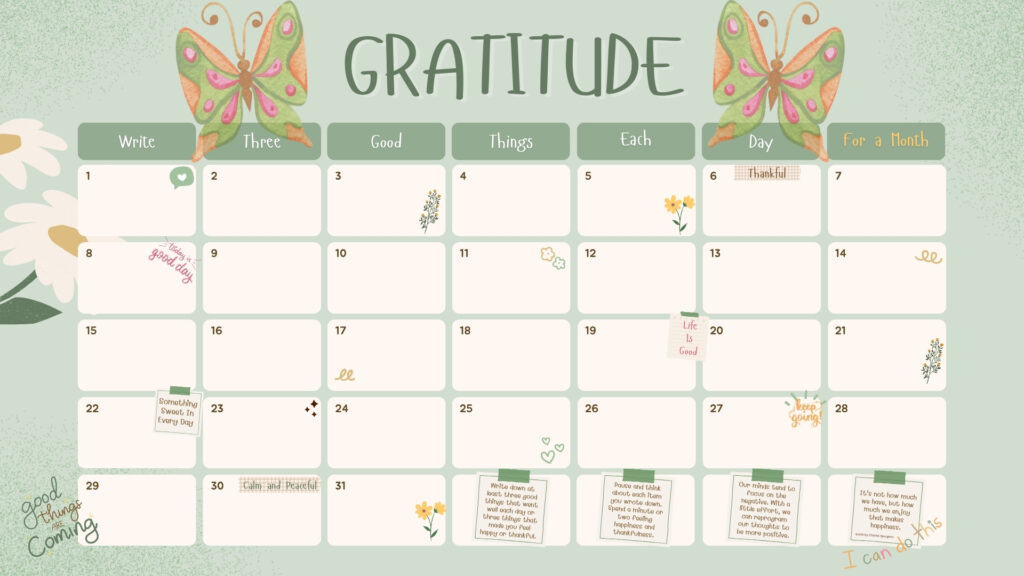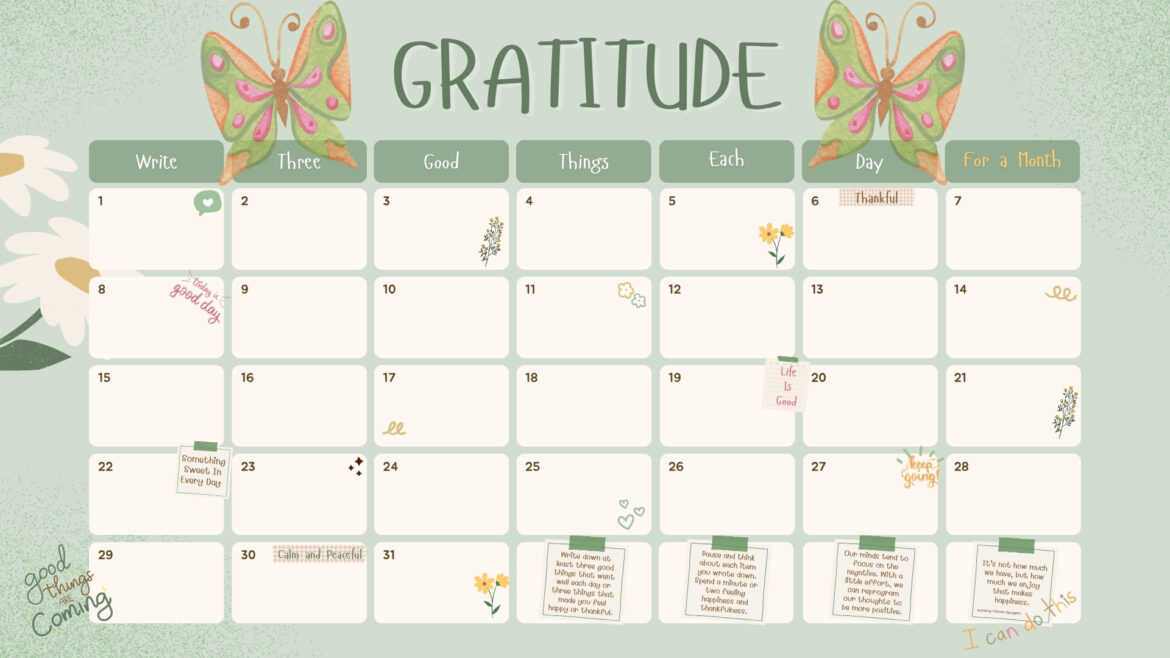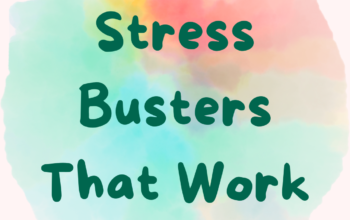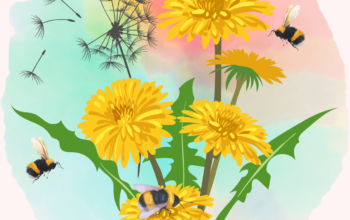
The Science of Gratitude
Usually, we picture scientists studying the life cycle of mosquitoes and then, by pouring chemicals into various beakers, searching for a cure for malaria caused by said mosquitoes. We don’t picture them studying the spiritual and emotional aspects of life, like gratitude and happiness. But nowadays, they do.
Duke University scientists studied some negative emotions and how to combat them. Specifically, they studied emotional exhaustion and burnout, but their results can be applied to anxiety and depression, too. They found a way to measure people’s happiness and well-being before and after doing various tasks, and they tested various tools to improve people’s feelings.
We will discuss three surprisingly successful tools that they found enhanced people’s happiness: “three good things,” gratitude letters, and awe. Duke University has many more tools to cultivate happiness listed on its website: hsq.dukehealth.org/tools/
Three Good Things
Each evening, write down three good things that happened during the day. Then, if you did something that caused one of the good things, write that down also. (For example, I went out to lunch with a friend and had a lovely chat. I quit procrastinating and made the call to set it up.)
Duke researchers found that people’s happiness scores increased if they did this for as little as 15 days. Doing it for at least 15 days increased people’s happiness and decreased depression even more than taking antidepressant medications. They retested people six months later and found that there continued to be some increase in their happiness at that point. If you’re like me and easily forget stuff like this, set an alarm on your phone to remind you.
Maybe you’re skeptical. I understand that, but it’s not going to hurt to try. Even if it only moves your emotions from “absolutely miserable” to “only a little bit miserable,” that’s an improvement. You might be surprised at how much it helps.
Benefits of being thankful:
- Increases self-esteem
- Increases happiness and reduces depressive symptoms
- Keeps suicidal thoughts and attempts at bay
- Makes people want to be around you
- Improves romantic relationships
- Enhances optimism
- Improves overall physical health
- Increases frequency of exercise
Do you need some ideas?
- Name three foods you enjoy.
- List three special people you care about and admire in your life.
- What are three things in your life that make you smile?
- What are three good things you’re looking forward to doing in the near future?
- You may have health problems, but what parts of your body function well (e.g., ability to walk, talk, see, digest food, etc.)?
- How is your life better now than it was three years ago? Ten years ago?
- What are three good things you’ve done (e.g., you helped someone, accomplished something, etc.)?
- Name three things you enjoy the most in your town and the surrounding area.
- What are three adverse events in your life that turned out okay?
If you copy and paste the calendar above to a document on your computer, you can print it and use it to write what you are thankful for each day. Do this for a month, and I guarantee you will feel happier and more content with your life.
“Gratitude turns what we have into enough.” – Melody Beattie
Gratitude Letter
Some people in Duke’s study took a test to measure their happiness. Then, they were told to close their eyes and think of a person who had influenced their life for the better. After that, they wrote a letter to that person. Finally, some of the study participants called that person and read the letter to them; the remaining participants did not make that call.
When retested, those who wrote the letter but didn’t also make the call increased their happiness; those who both wrote to and called the person saw their happiness increase even more. Interestingly, the people who were initially the most unhappy had the most significant increase in their happiness by doing this.
Your assignment is to spend five minutes writing a letter to someone describing something positive they did, how it affected you, and the benefits you received. Write down what they did for you and what that says about them. Be genuine, kind, and appreciative. Then, call that person and read the letter to them. This happiness booster is a two-for-one: You and the other person will both be happier afterward.
“Feeling gratitude and not expressing it is like wrapping a present and not giving it.” – William Arthur Ward


